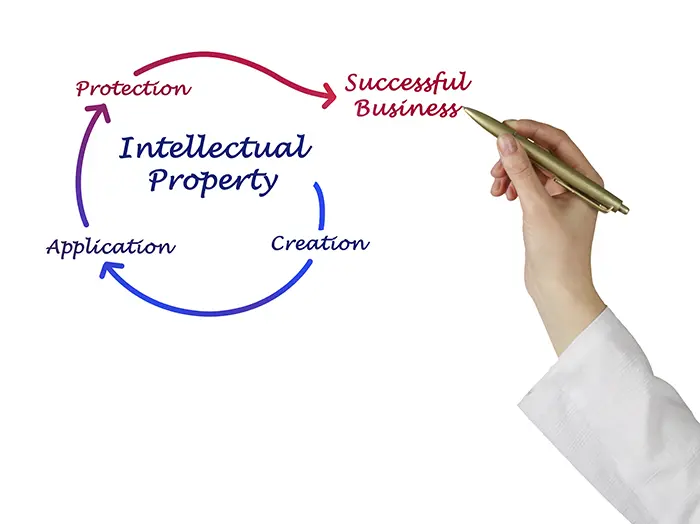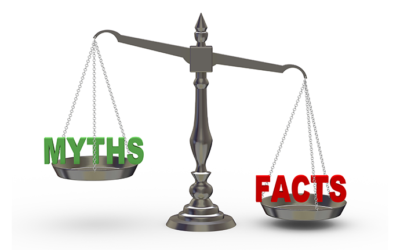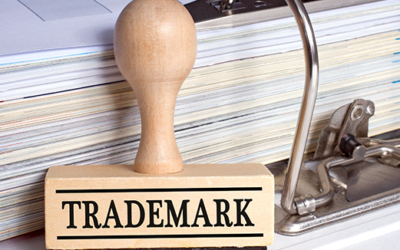3 types of Intellectual Property: Copyrights, Trademarks (Servicemarks) and Patents.
Copyrights cover items such as written materials (books, magazines, websites), sound recordings and photos.
Trademarks cover company or product names, slogans and logos.
Patents cover useful items, inventions and processes.
Who owns the Intellectual Property?
The person who created the work automatically own the work. There is an exception in the case of an employee or independent contractor who is under a work for hire contract or if there is a contract which gives the rights to the purchaser of the work. But if it’s not stated in writing, then generally the creator owns the items, not the person who paid for or commissioned the work to be done.
Watch out for:
Ghost Writers or Content Writers. Be careful if you have hired a ghost writer or content writer. Remember, the one creating the work, even under your direction, will possibly own the rights to it.
Co- Authors: It can be complicated when working with a co-author. How do you determine who owns what. What if the two co-authors split before the work is done? What if they publish the work and want to use it for different purposes?
Translations: Incredibly, if you hire someone to translate an item that you own the copyright to, the translator may wind up owning the copyright to the translated material!
What can you do? Get it in writing! A well-written contract can be worth its weight in gold when it comes to Intellectual Property. When hiring anyone for creating a work, whether it be a content writer, web designer, graphic artist or photographer for your head shots, you need to make sure you are assigned all the writes in righting before the work is done. It can be done after the fact if both parties agree, but is much easier to do ahead of time.
Contact Attorney Allison Cychosz at AMC Legal to make sure your Intellectual Property rights are well protected.
Need Help? Get In Touch.
Dr. Allison Cychosz
AMC Legal, P.C.
(630) 590-3640
info@amclegal.net
Please call for a free consultation
This is not legal advice and you should seek the counsel of an attorney.






0 Comments